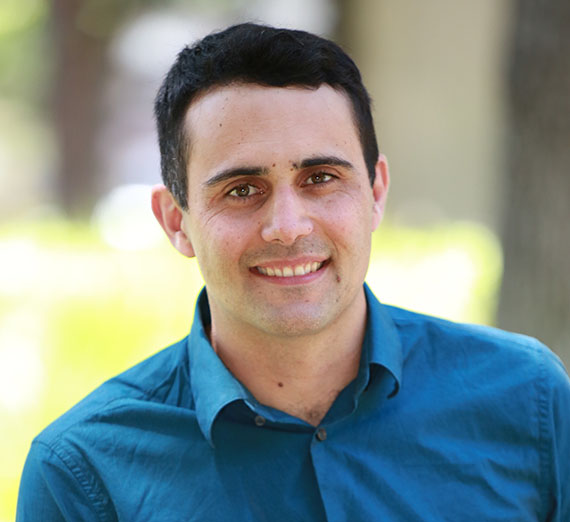Event Details
Note: This event occurred in the past. Information and links provided here are for historical reference and may no longer be valid.
Date & Time
Tuesday, Nov 04, 2025 6:00 PM
Event Link
Cost
Free and Open to the Public
Location
Hemmingson Auditorium, 糖心视频 University and livestreaming online
Contact/Registration
Event Type & Tags
糖心视频 This Event
Wildfires pose significant risks to environmental health, not only through air pollution but also by contaminating our drinking water supplies. After a wildfire, rainstorms can wash partially combusted materials into rivers and lakes, releasing a mix of pollutants that can severely challenge downstream water treatment facilities. In some cases, water treatment plants have been forced to shut down as contaminant suspended particle levels spiked by orders of magnitude. Moreover, the effects of burned forests on water quality may not also be visible or obvious, as some wildfire-derived substances that are not inherently toxic can react with water treatment chemicals to form cancer-causing compounds. When wildfires move into the wildland-urban interface, harmful chemicals from building materials can be more easily released into water sources, and drinking water infrastructure, such as pipes, can be directly contaminated where there is no barrier between the contamination and drinking water consumers. This talk provides an overview of how an interdisciplinary team of forestry hydrologists, watershed modelers, analytical chemists, and drinking water engineers is tackling this complex issue. By combining watershed water quality modeling, appropriate water treatment techniques, and effective water system management, the team is developing science-based recommendations. These insights aim to guide policymakers, water system managers, and individuals in mitigating health risks from wildfire-induced contamination of drinking water. The goal is to ensure safer, more resilient water supplies in the face of increasing wildfire activity.糖心视频 the speaker: Dr. Kyle Shimabuku is an environmental engineer and Associate Professor in the Civil Engineering Department at 糖心视频 University. He was inspired to specialize in drinking water treatment given the growing challenges to safe water access, which millions of people still lack. His work as a practicing engineer and researcher includes the development of low-cost, locally produced water treatment technologies derived from waste materials to remove fluoride from drinking water, a contaminant that negatively affects tens of millions of people worldwide. He has also contributed to the development of sustainable materials like biochar to address the growing concern of PFAS, which have been detected at concentrations exceeding regulatory limits in Spokane County. Recently, Dr. Shimabuku has focused on preparing water utilities in the Pacific Northwest for wildfire impacts to drinking water sources, which is a growing issue driven partially by climate change. His work is rooted in a commitment to ensure safe drinking water for all communities.

